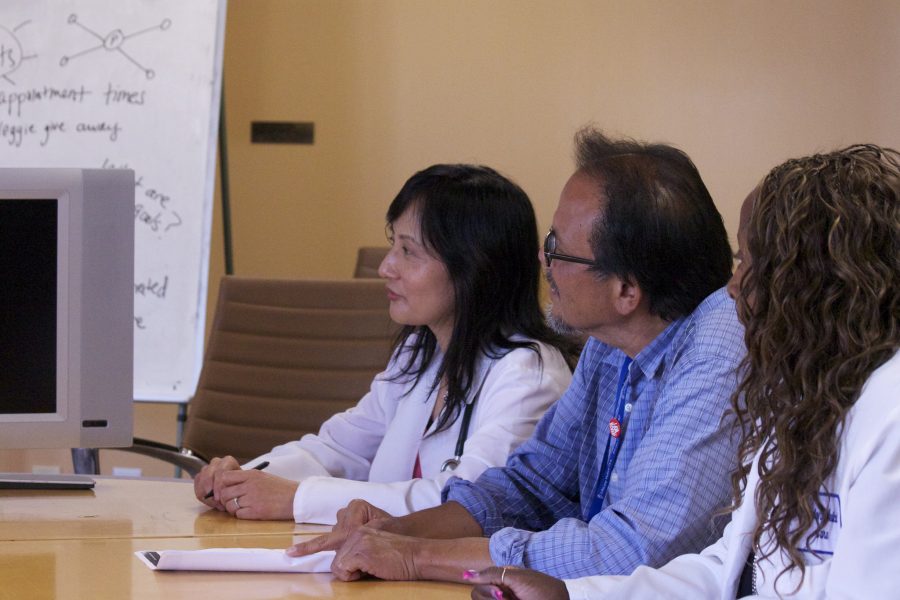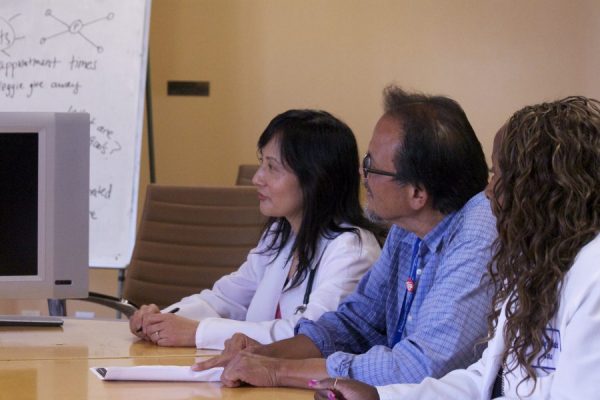On May 2016, Rich Roth wrote a post about the power of “unlikely” alliances and partnerships to drive healthcare transformation. Highly recommend you check it out here.

Rich works with Dignity Health, an early adopter of tech like Google Glass, and he highlights a new investment partnership by a number of health systems to fund start-up Augmedix to use the Glass technology in the exam room.
Rich points out that such strategic partnerships will and should become more frequent as healthcare evolves:
“Through collaborations like this we can bring the breadth and depth of our unique knowledge-base to the table, to ultimately deliver complementary and coordinated services to the market, faster and at a lower cost. In our current landscape, we can’t afford to continue create duplicative services in our own individual silos. But leveraging one another’s expertise, we can propel the whole industry and continue to do what is at the heart of our mission — to provide our patients with the best personalized care possible.”
We at CCI are big on this idea of “don’t reinvent the wheel, share the wheel.” That’s why we started the Safety Net Innovation Network, which has it’s big meeting next week, in partnership with the Innovation Learning Network. That’s also why we made the Innovation Hubs not just singular centers for testing solutions, but a connected network where hubs could learn from each other.
Rich goes on to discuss a variety of examples of partnerships that are possible and powerful: data sharing, research collaboration, technology alliances. To those I think we could add our Innovation Network, and similar skill-building partnerships. Or the partnerships some health centers are forming with social service organizations to better get vulnerable patients the non-medical resources and help they need. A generation ago this kind of crossover would have seemed very strange, but today they are integral parts of how we are approaching all the major challenges we face.
Where else do you think we could form new “unlikely” partnerships that would help us transform our sector?

